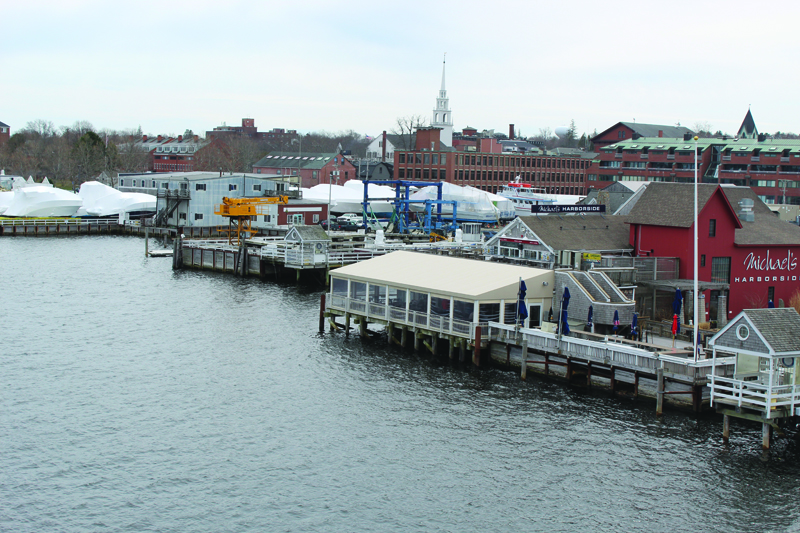REGIONAL – The Merrimack River has not been a good place to swim or boat this summer.
The record rainfall has overwhelmed several municipal sewage facilities in Merrimack Valley, causing cities like Lowell, Lawrence, and Manchester, NH, which have combined sewage and rainwater pipes, to dump untreated sewage into the Merrimack. The sewage and rainwater releases are called Combined Sewage Overflow (CSOs).
This year alone, 1.4 to 1.6 billion gallons of sewage have been released into the Merrimack River, according to John Macone, policy and educational specialist for the Merrimack Valley Watershed Council. That is three times as much sewage as is normally released each year.
What are the local, state, and federal governments going to do about CSOs that pollute the river?
The Merrimack Valley Planning Commission has partnered with other regional planning agencies, non-profit organizations, municipalities, and elected officials to have the state create the Merrimack River Collaborative (MRC) to serve as a clearinghouse for information, data, resources and funding opportunities related to the water quality of the Merrimack River.
State Sen. Bruce Tarr, R-Gloucester, and Rep. Dawne Shand, D-Newburyport, introduced bills to create the Merrimack River Collaborative, which has been referred to the Joint Committee on Environment and Natural Resources.
According to Macone, the bills “will be lumped into a much larger environmental bond bill which is currently being crafted. That bill will likely come up for a vote next year. By including it in the EBB, we increase its chance of passing.”
The MRC represents the lower Merrimack communities of Amesbury, Andover, Merrimac, Dracut, Groveland, Haverhill, Lawrence, Lowell, Methuen, Newbury, Newburyport, North Andover, Salisbury, Tewksbury and West Newbury.
State May Create River Collaborative to Fight Pollution
by Ava Moeckel
Tuesday October 24, 2023

The Merrimack River along Newburyport Photo by Stewart Lytle



